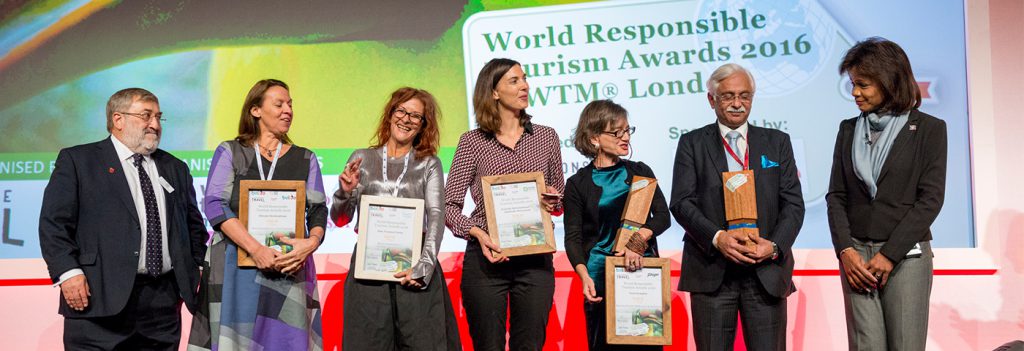For many years the industry has asserted its economic and social importance. The WTTC suggests that travel & tourism is 10.2% of world GDP and that the sector employs 292 million people providing 1 in 10 jobs globally. However, not everyone is convinced by satellite accounting and locally tourism is often perceived as providing low grade, casual and part-time employment. We need to provide better quality, more credible, evidence of the positive impacts of travel and tourism and we cannot just ignore the negatives.
Recently the Global Sustainable Tourism Dashboard has provided macro-data on a broader range of issues including environmental impact, resource efficiency, and gender equality. What our sector lacks is clear evidence of its positive impacts, the negative impacts are increasingly apparent. Macro estimates, however well done, cannot provide this – individual businesses and destinations can produce much more credible evidence of their positive impacts and of efforts to reduce negative impacts.
This year’s WTM Responsible Tourism Awards provide the opportunity for businesses, organisations and destinations to differentiate themselves and secure a market advantage. Recent customer research conducted globally by TUI, with over 3800 people in six countries, confirmed that sustainability can be a deciding factor in their holiday choices and that customers want more information when it comes to booking. TUI is already reporting its sustainability using the SDGs.
Responsible Tourism Awards focus on the contributions made by tourism businesses and organisations and by destinations – we want to recognise those who are making a difference. At WTM London last November there were presentations by large corporations (TUI and IHG) and much smaller companies (Exodus and Transfrontier Parks Destinations) which showed what information can be published to demonstrate what can be achieved and shared with consumers. See the session below:
For this year’s global Responsible Tourism Awards, to be presented at WTM on November 7th, we are looking for examples of good practice, where businesses and destinations are able to transparently report the outcomes and impacts of their efforts to make tourism more sustainable, to use tourism to make better places for people to live in. We are looking for businesses and tourism organisations that can demonstrate their positive sustainable development impact. We recognize that smaller companies will have smaller impacts we are looking for examples of good practice across the sector form large and small companies.
Smaller businesses and organisations are no less worthy of an award and should not be deterred from applying. The judges are looking to recognise a range of approaches to reporting impact and communicating it to consumers, local people and governments.
The 2017 Awards categories are:
- SDG8: Promote sustained, inclusive and sustainable economic growth, full and productive employment and decent workfor all.
- SDG 12: Ensure sustainable consumption and production patterns, tourism that creates jobs, promotes local culture and products.
- SDG 14Conserve and sustainably use the oceans, seas and marine resources for sustainable development through the sustainable management of tourism on and in the oceans.
- Remaining SDGs: Businesses and tourism organisations that can demonstrate their contribution to one of the other 14 SDGs
- Newcomers: Businesses and tourism organisations which can demonstrate a contribution to one of the SDGs but which have not won Responsible Tourism Awards in the last three years.
Consider applying, encourage others – full details of the Awards how to apply
http://responsibletourismpartnership.org/wtm-responsible-tourism-awards/
